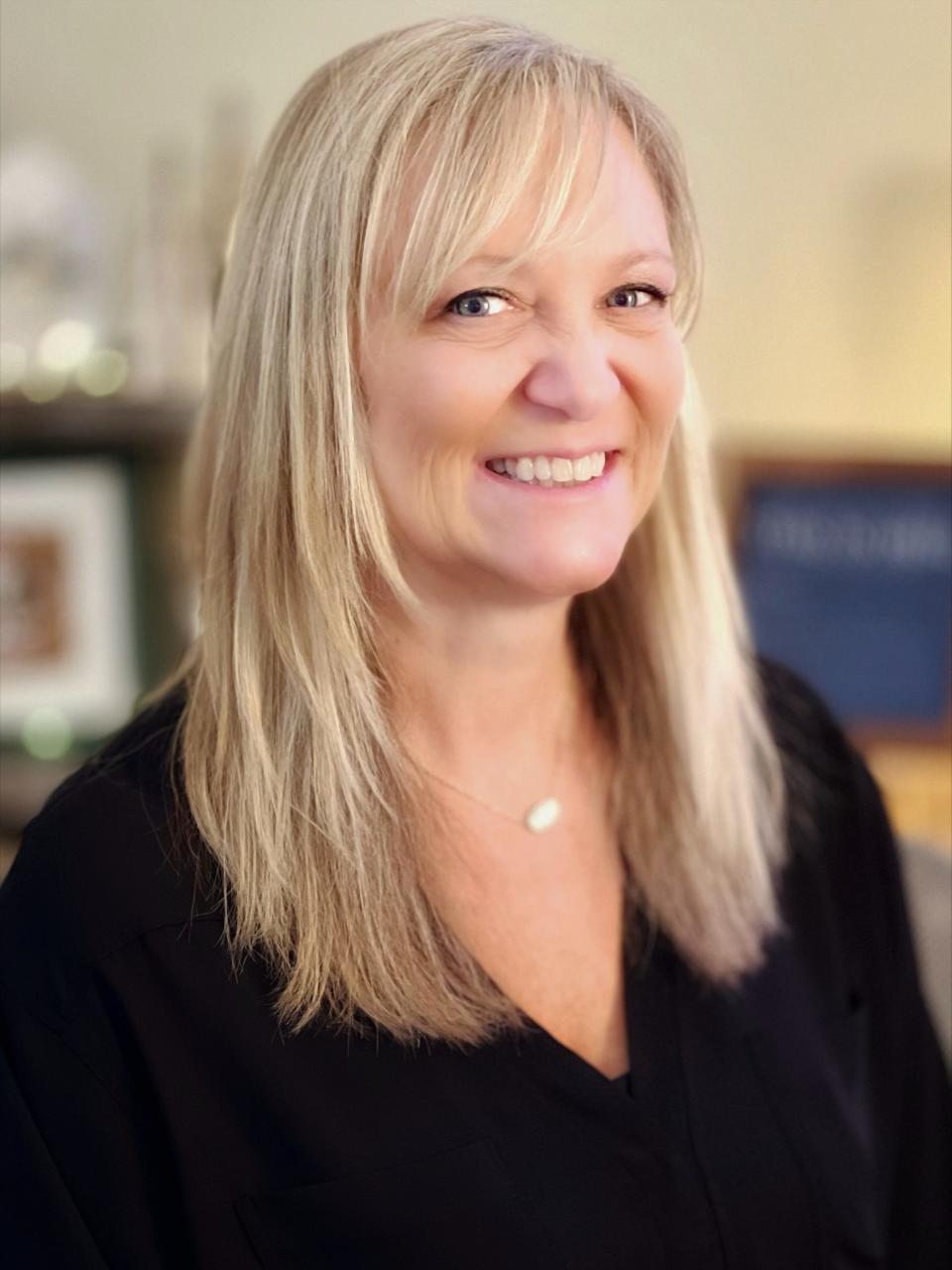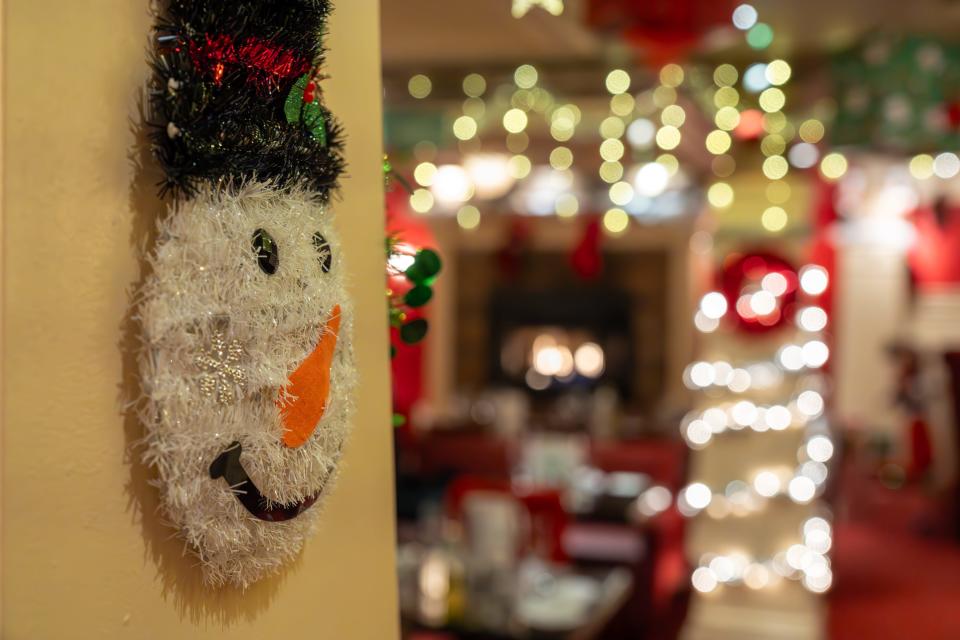Holidays got you down? You're not alone | Opinion
Wrapped presents and sparkling lights.
Ringing bells and singing carolers.
Festive parties, family gatherings and bright decorations.
These are all a part of the holiday season.
For many people, though, the holidays can bring increased demands, expectations, and high emotions. Changes in routines, indulging in food and drinks, financial pressure, lack of sleep, and unrealistic expectations can often lead to elevated stress, anxiety, loneliness and sadness. For many people, these are ‘the holiday blues.’
The National Alliance on Mental Illness reports that 64% of people are affected by holiday blues, and 24% say the holidays affect them a lot. These ‘blues’ can present themselves in different ways: headaches, overeating and drinking, exhaustion, anxiety and depression, increased frustration and agitation, or a sense of loss.

What can you do to help manage these blues?
Remember your wellness is a priority and is more important than any of the gifts given during the holidays. Don’t avoid or minimize your feelings. Get plenty of sleep and rest.
Say “yes” to social requests because you want to, not because you feel you have to. When you say “no”, do so without guilt.
Check in on someone who may be alone, call or video chat if they are far away. Volunteer some time to help others. Organize a virtual game night with loved ones who may be unable to get together during the holidays.
More: Ending stigma surrounding mental health with veterans is key | Opinion
Spend time with supportive people. Continue to participate in the groups you are involved with during the rest of the year. Reach out for help when you need it and take time to yourself when you are overwhelmed.
One enjoyable way to boost engagement when it comes to mental health over the holidays is a new program the Lifetime Counseling Center recently kicked off called “The Daily Thrive.”
“The Daily Thrive” is a self-paced 30-day Mental Wellness Challenge designed to improve mental health on the space coast.
The Daily Thrive is for all ages and includes easy and no/low-cost activities aimed at reducing stress, increasing self-awareness and helping overall wellbeing. It’s free to join the Daily Thrive challenge. Simply go to https://www.thrivewithin.org/thedailythrive
If your anxiety or sadness causes you to be unable to fulfill your daily obligations, or you find they are overwhelming you and are unable to be controlled, speak with a mental health professional or call 211 to gain information on additional resources.

This is a serious topic. But don't just take my word for it. Here's what others are saying:
“The holidays are usually viewed as a time of happiness and rejoicing. But for some people, it can be a period of painful reflection, sadness, loneliness, anxiety, and depression.
Even people who love the holidays can experience the blues during this busy season. The holidays are often a time of high emotion and demands, which can leave a lot of people feeling stressed and exhausted.” — Kendra Cherry, psychosocial rehabilitation specialist, psychology educator, and author of the "Everything Psychology Book."
More: 211 Brevard marks 60 years of handling crisis with salute to growth and community partners
“Surround yourself with positive people and reach out and make a plan with someone you enjoy spending time with if you’re feeling isolated or alone.” — Monica Vermani is a clinical psychologist specializing in the treatment of trauma, stress, mood and anxiety disorders, and the author of “A Deeper Wellness.”
“The holidays are time with a multitude of volunteering opportunities. “Doing some type of charity work or helping out in some way really helps connect with others and can do go a long way to easing that loneliness." — Dr. Dawn Potter, The Center for Adult Behavioral Health at he Cleveland Clinic
“Consider engaging in the following behaviors to keep your mood balanced and practice good self-care: get enough sleep; eat a balanced diet; avoid excessive alcohol use; avoid drugs; stay hydrated; get natural sunlight; exercise; practice self-affirmations; talk openly with trusted friends or family members about your feelings; write in a journal; pray; make art or craft; sing; dance; meditate; practice yoga; and plan something to look forward to that will take place after the winter holidays.” — Seth Meyers, licensed clinical psychologist, and author of "Dr. Seth's Love Prescription: Overcome Relationship Repetition Syndrome
Denise Downing is a Licensed Mental Health Counselor with the Lifetime Counseling Center, a program of the Space Coast Health Foundation.
This article originally appeared on Florida Today: Here's how to navigate the holidays ands stay mentally healthy.

